
CRISPR Breakthrough: Scientists Successfully Remove Extra Chromosome in Down Syndrome Cells
CRISPR Breakthrough: Scientists Successfully Remove Extra Chromosome in Down Syndrome Cells
In a remarkable step forward, scientists have successfully used CRISPR gene-editing technology to remove the extra chromosome responsible for Down syndrome in human cells.

Targeting Trisomy 21: A Precision Approach
According to a 2025 study led by Ryotaro Hashizume and colleagues at Mie University in Japan, and reported by Earth.com, researchers employed a modified CRISPR-Cas9 system to precisely target and cut the extra copy of chromosome 21 in lab-grown human cells.
The technique, named allele-specific multiple chromosome cleavage, demonstrated an impressive ability to selectively remove the surplus chromosome while leaving the two normal copies intact.
-
Normalized gene expression: Genes on chromosome 21 began functioning at more typical levels.
-
Improved protein production: Cellular processes reliant on these genes showed better efficiency.
-
Better survival rates: The cells displayed enhanced viability.
These cellular improvements strongly suggest that the genetic imbalance, which typically disrupts development and function in Down syndrome, was alleviated.
Potential for Future Therapies, But With Caution
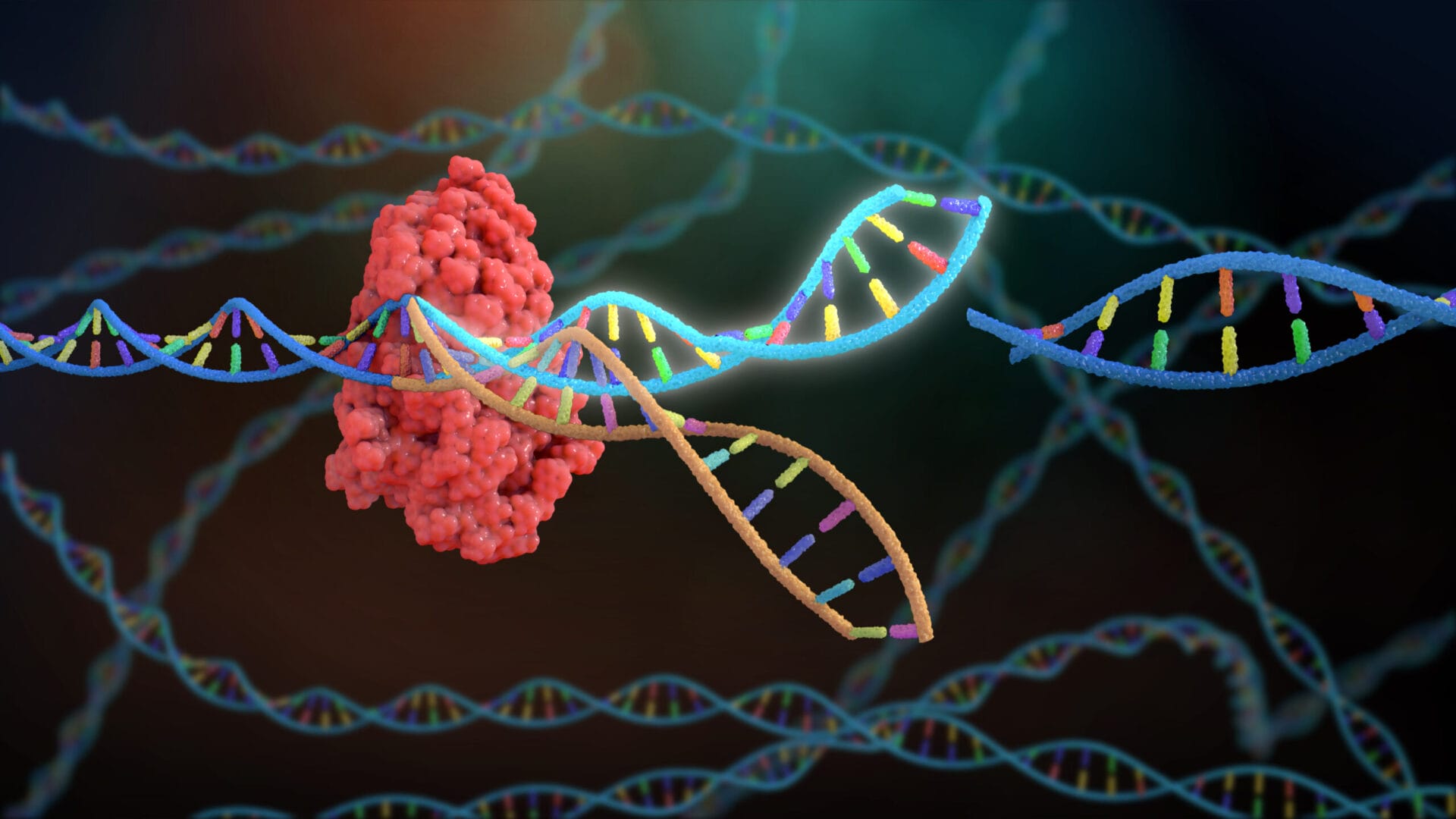
A crucial aspect of this research is that the method proved effective not only in stem cells but also in non-dividing specialized cells. This broad applicability is significant because it opens the door to potential future applications in complex tissues like the brain and other organs, where cells often do not divide.
However, the researchers are careful to emphasize that this approach is still highly experimental. There's a recognized risk of causing unintended genetic changes, and extensive further testing is required. Much more research and rigorous validation are needed before this technology could even be considered for human therapeutic use.
Despite the necessary caution, this study represents a monumental leap in understanding and potentially treating the genetic basis of Down syndrome, hinting at a future where targeted genetic correction could revolutionize patient care.
News in the same category

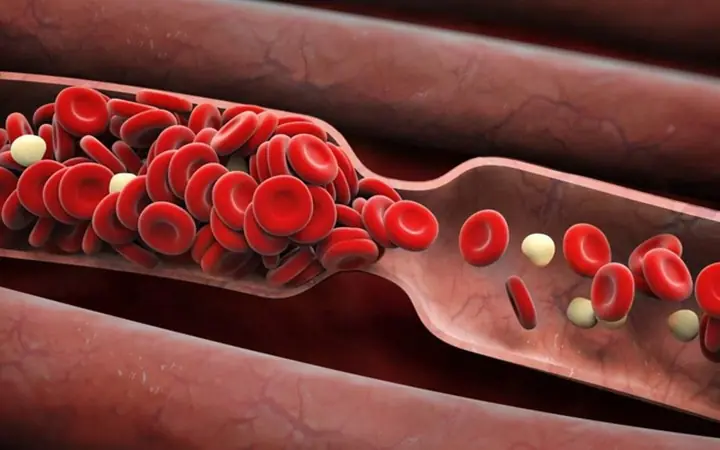
The Main Cause of Blood Clots Discovered – 10 Times Worse Than Fat!
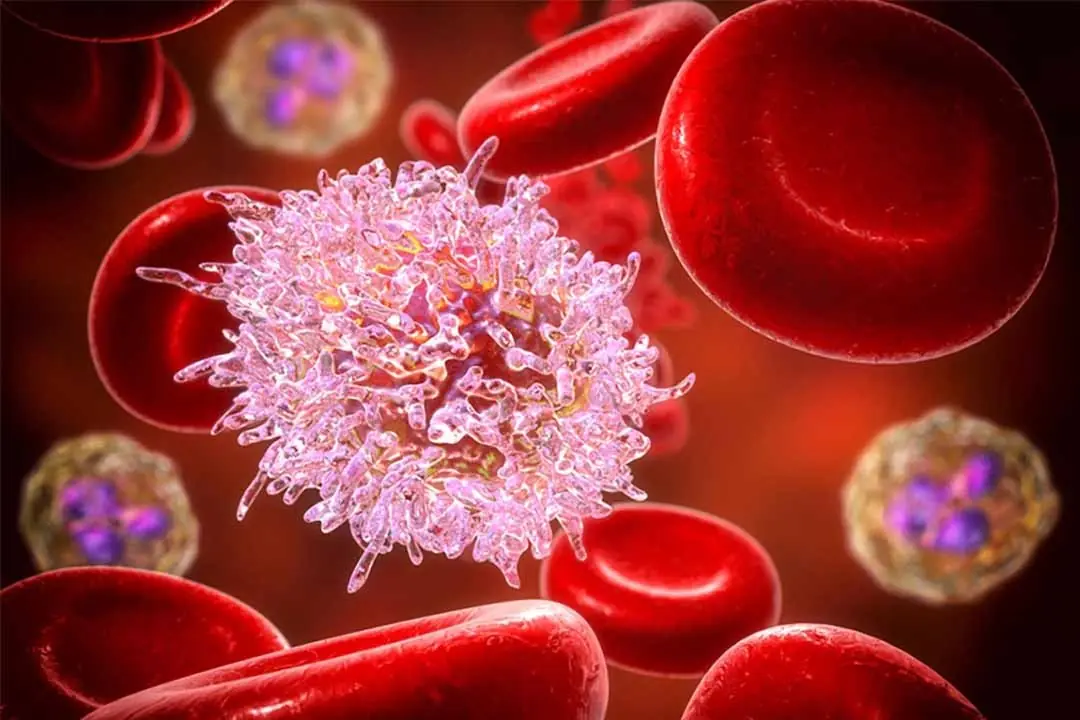
The Leading Cause of Liver Cancer Discovered – 10 Times Deadlier Than Alcohol and Tobacco: The Culprit is 'It
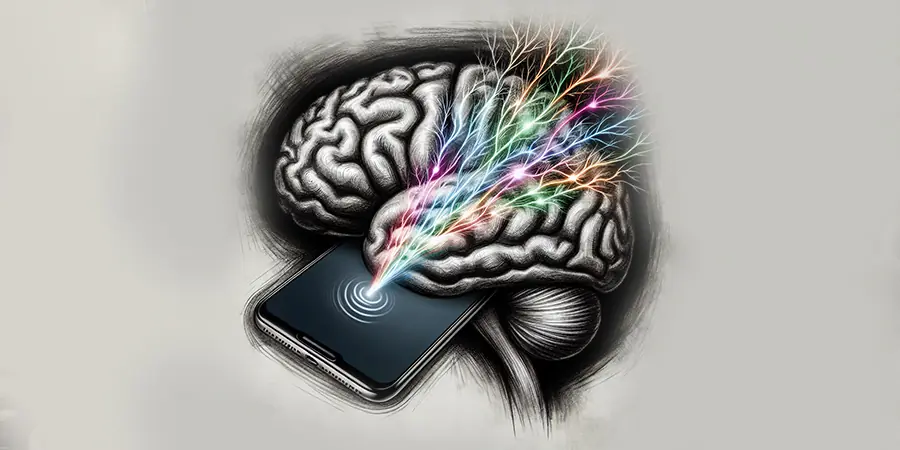
Unplug to Rewire: Just 72 Hours Without a Smartphone Can Change Your Brain
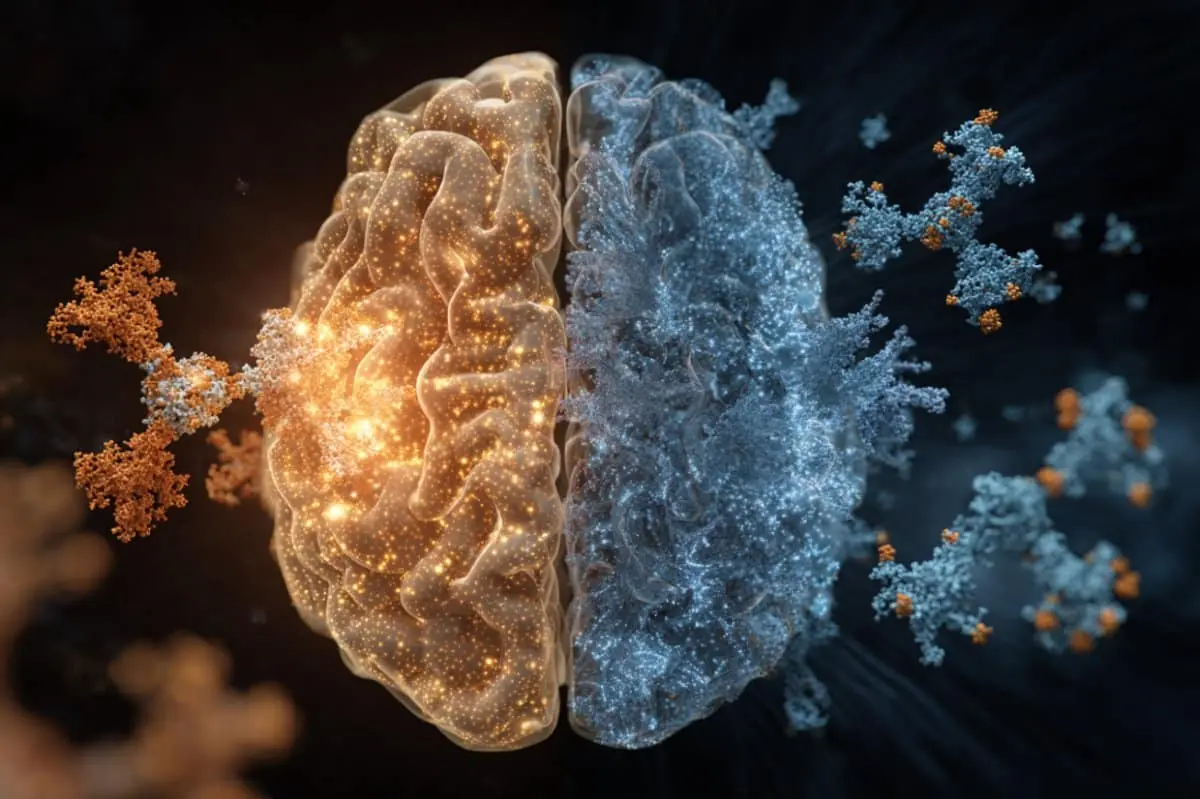
Alzheimer's Breakthrough: Key Protein Found in High Levels in Newborns, Offering Hope for New Treatments
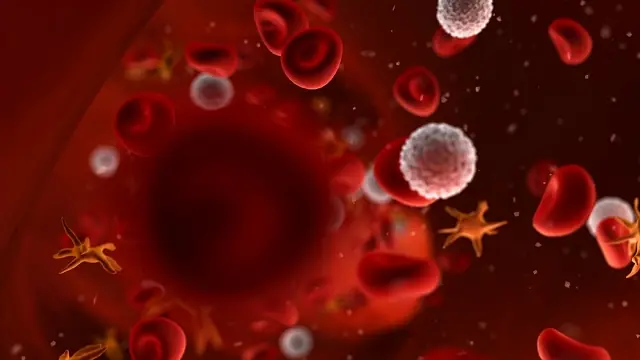
Trojan Horse Therapy: Scientists Engineer Virus to Make Tumors Self-Destruct

Walk Your Way to a Lower Cancer Risk: Just 7,000 Steps a Day Can Make a Difference
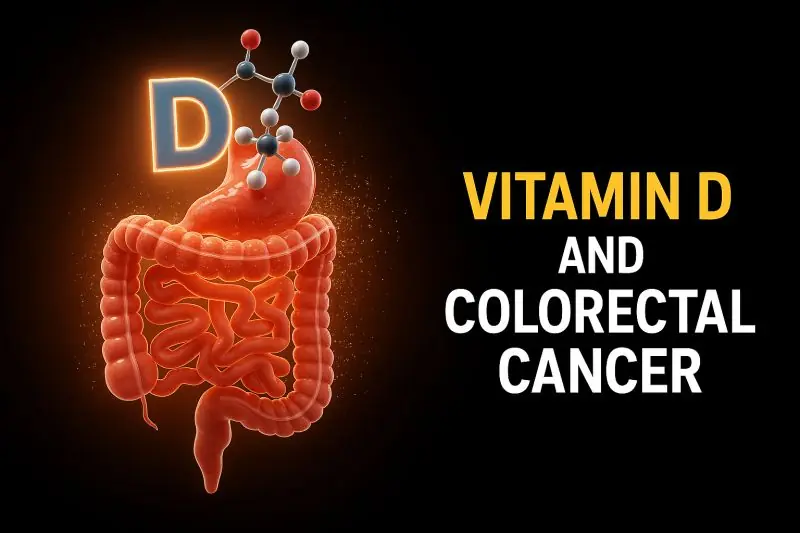
The Sunshine Vitamin's Secret Weapon: How Vitamin D Fights Colorectal Cancer
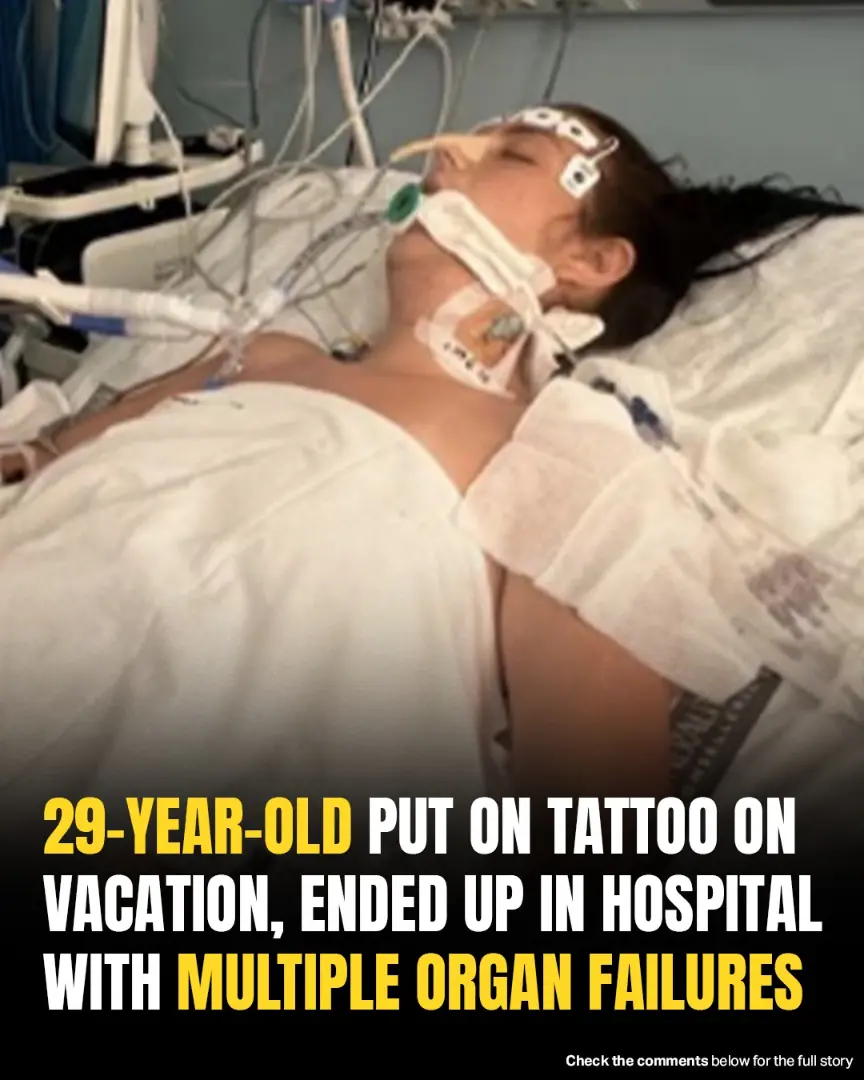
Woman, 29, Falls Into Coma After Tattoo During Bachelorette Trip To Spain

World’s Oldest Woman, 117, Reveals The One Food Behind Her Long Life
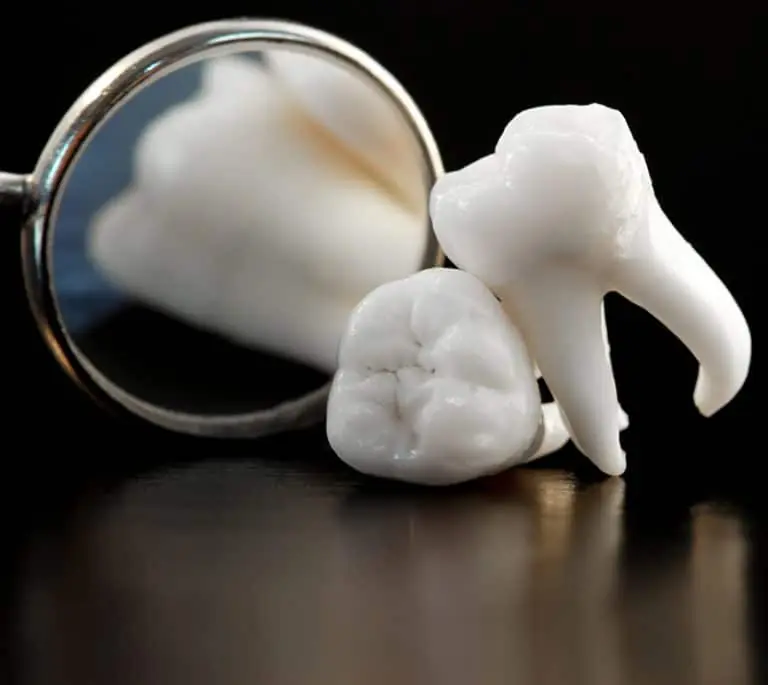
Medical Gold: Why Your Wisdom Teeth Might Hold the Key to Future Cures
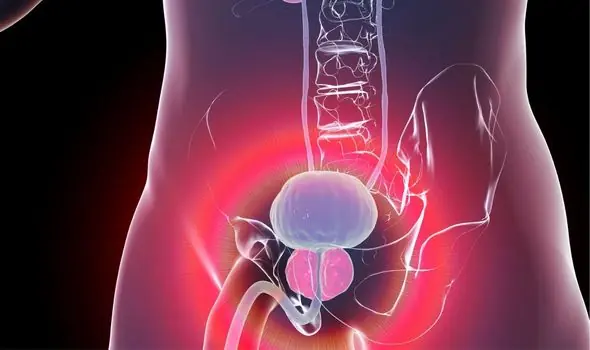
Prostate Cancer: Warning Signs and Symptoms You Shouldn't Ignore
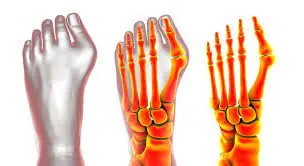
Ditch the Knife: Effective Non-Surgical Treatments for Bunion Pain Relief
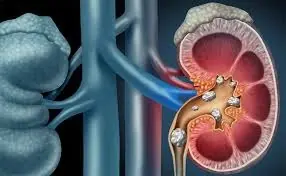
5 Drinks That Can Help Dissolve Kidney Stones and Aid Easy Elimination
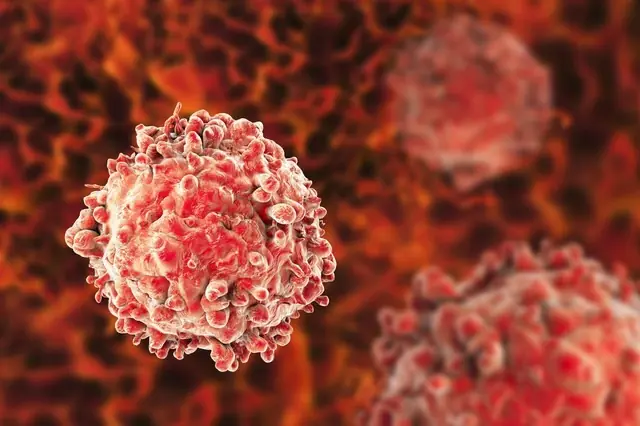
People with Cancer Often Share 8 Morning Signs—Especially Clear After Age 40
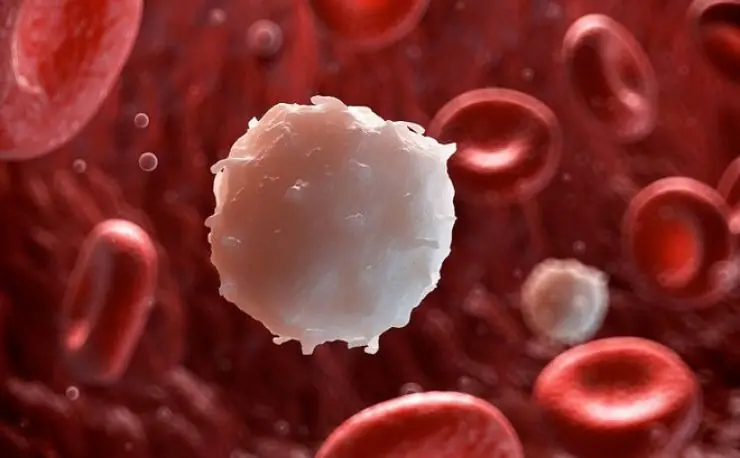
5 Foods That Tumors Hate: Eat These Often for Better Health
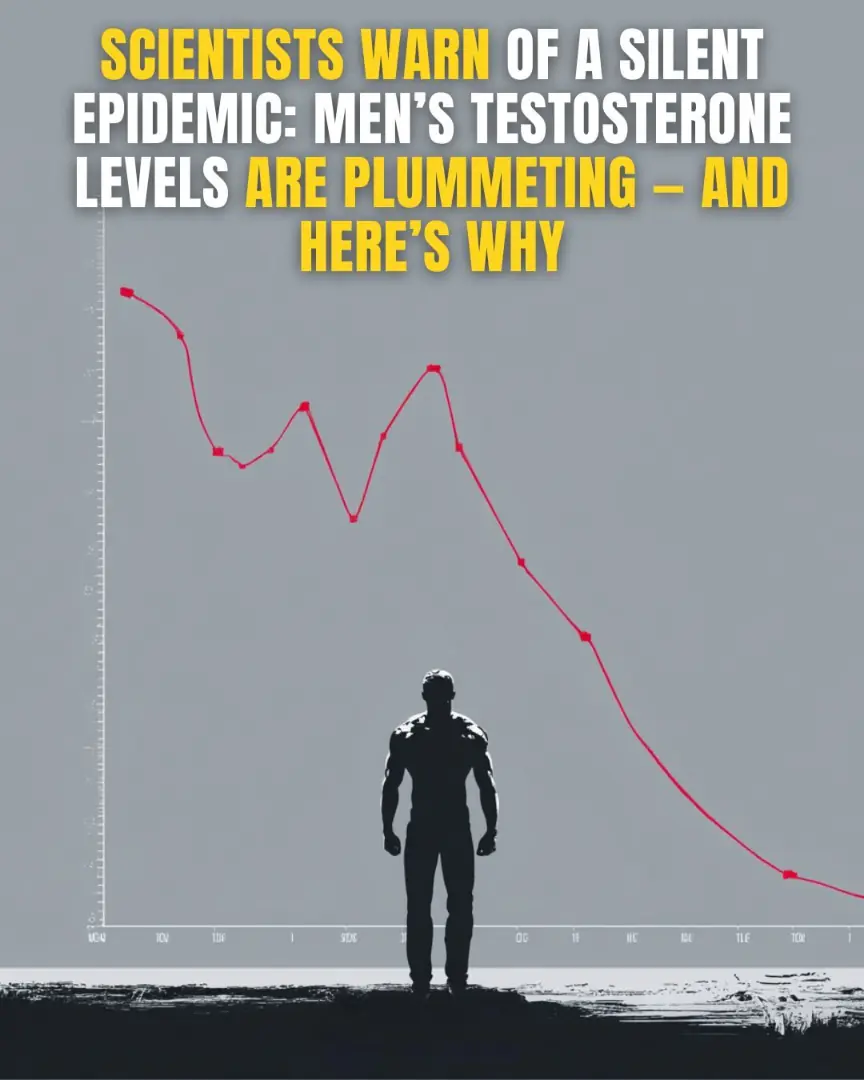
Scientists Warn of a Silent Epidemic: Men’s Testosterone Levels Are Plummeting — And Here’s Why
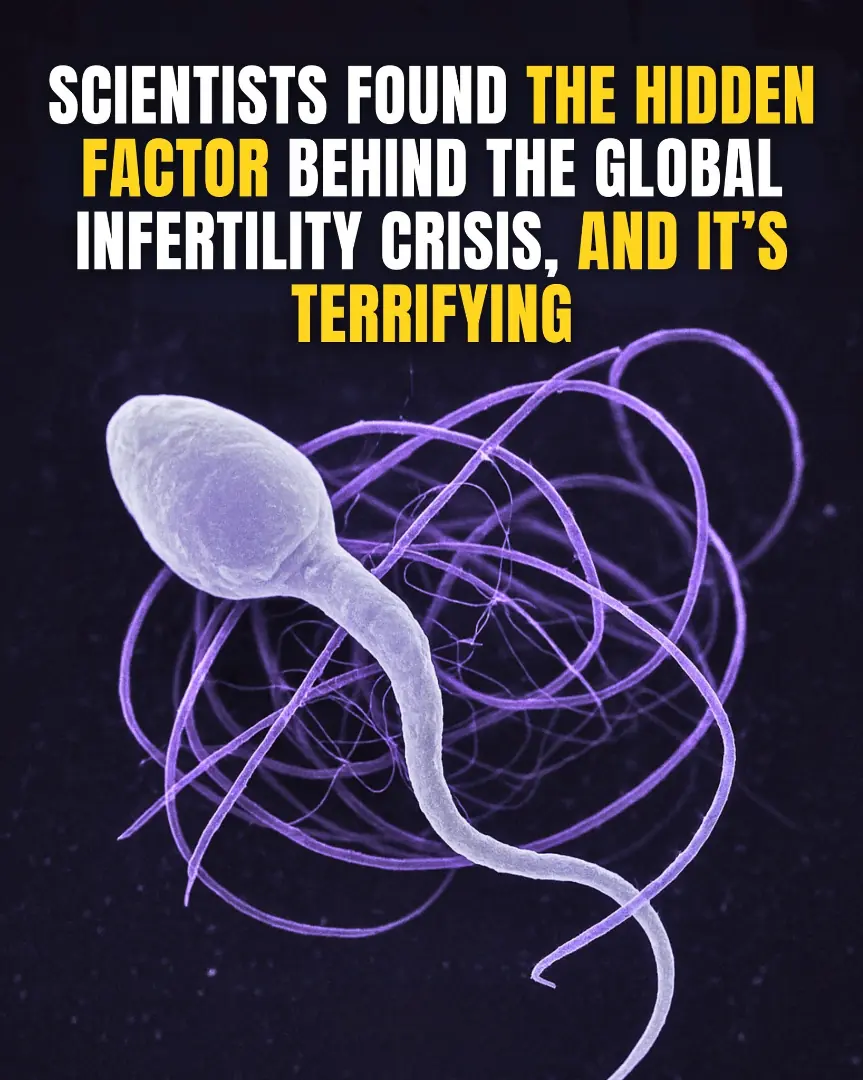
Scientists Found The Hidden Factor Behind the Global Infertility Crisis, And It’s Terrifying

🍵 The Quiet Power of Cinnamon Tea: A Simple Sip for Natural Balance
News Post

Scientists Reveal Genetic, Brain And Trauma Link Behind Hoarding Disorder

Most People Have No Idea What The Lines On Bath Towels Actually Mean

Why Charging Your Phone To 100% Could Be Harming Its Battery Life

FBI Declassified 1,427 Secret Files On Einstein—Internet Reacts
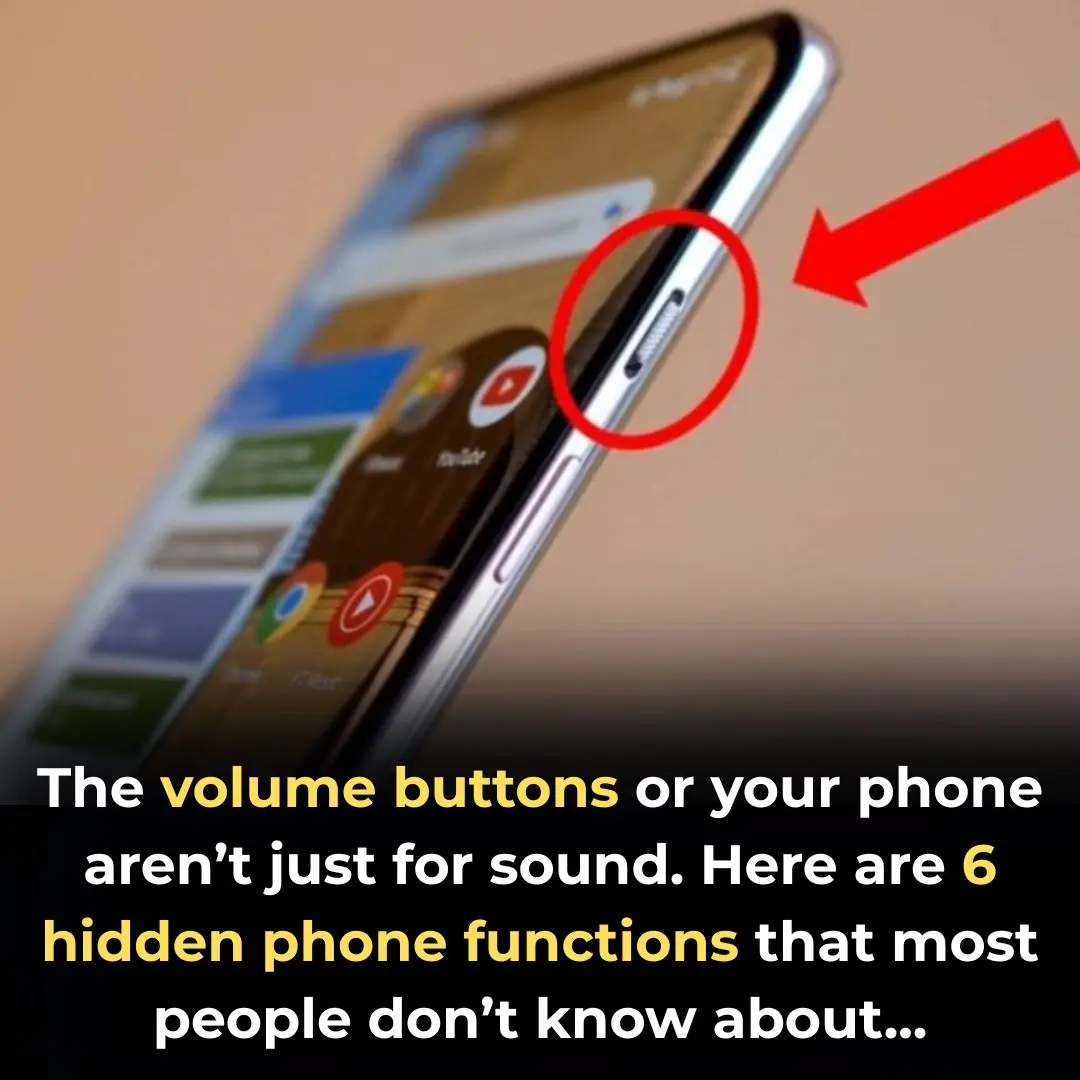
The Volume Buttons On Your Iphone Has Many Hidden Functions

If Your Tongue Is Yellow, Be Cautious of These 5 Diseases

The Main Cause of Blood Clots Discovered – 10 Times Worse Than Fat!

The Leading Cause of Liver Cancer Discovered – 10 Times Deadlier Than Alcohol and Tobacco: The Culprit is 'It
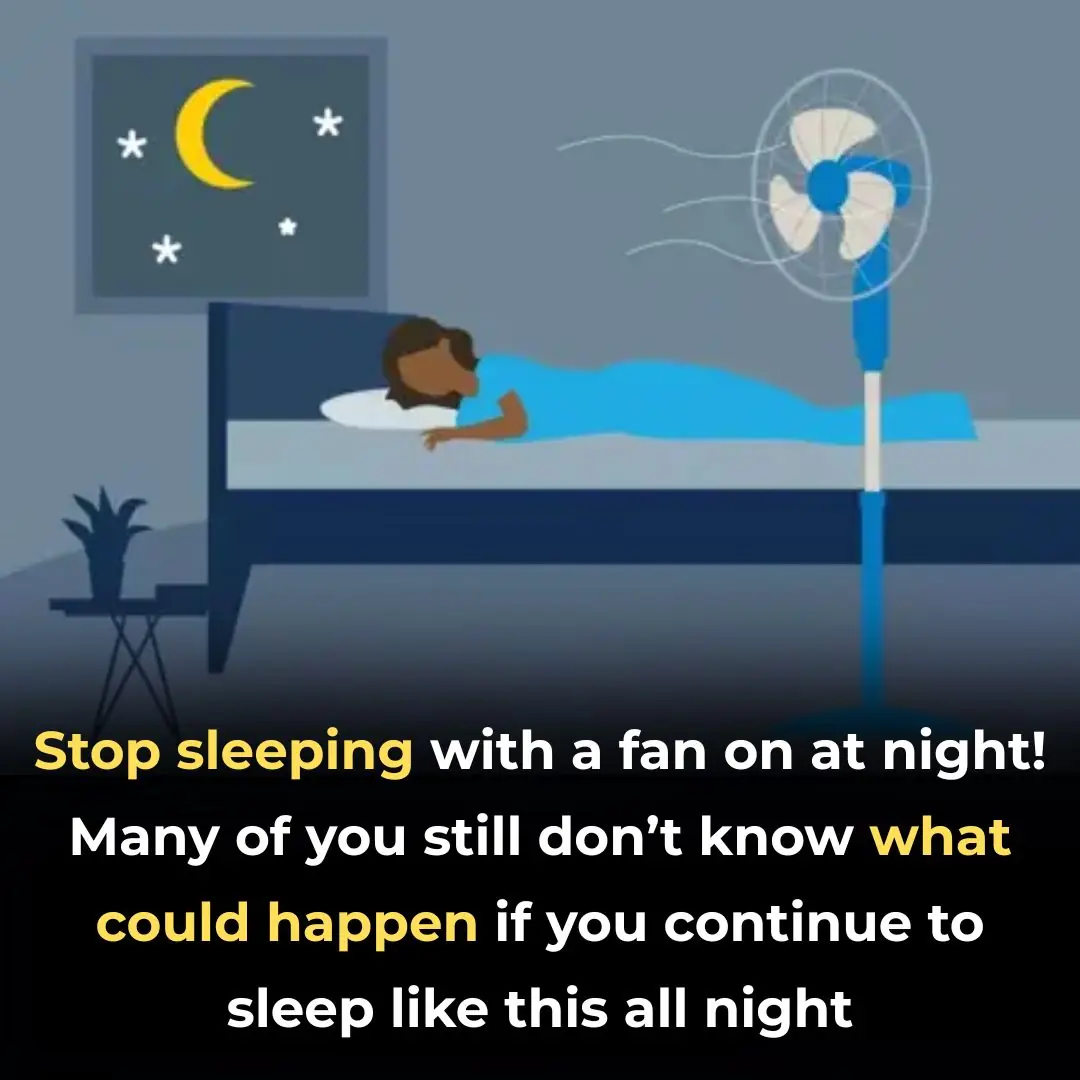
Here’s Why You Shouldn’t Sleep With A Fan At Night

If You See A Woman Wearing A Wedding Ring On Her Pinky Finger Here’s What It Means

What’s The Purpose Of The Fabric Strip Across Hotel Beds

Unplug to Rewire: Just 72 Hours Without a Smartphone Can Change Your Brain

Alzheimer's Breakthrough: Key Protein Found in High Levels in Newborns, Offering Hope for New Treatments

Trojan Horse Therapy: Scientists Engineer Virus to Make Tumors Self-Destruct

Walk Your Way to a Lower Cancer Risk: Just 7,000 Steps a Day Can Make a Difference

The Sunshine Vitamin's Secret Weapon: How Vitamin D Fights Colorectal Cancer

Woman, 29, Falls Into Coma After Tattoo During Bachelorette Trip To Spain
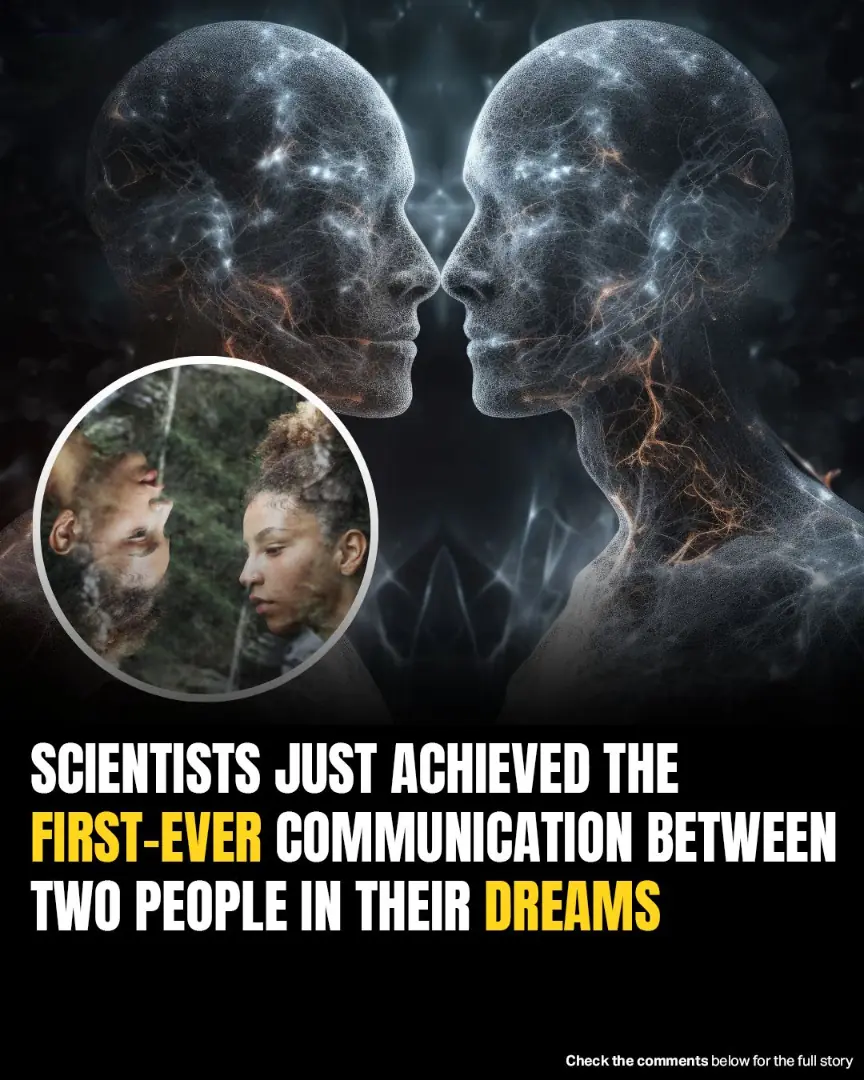
Scientists Achieve First Dream-To-Dream Communication Using Brain Waves

How I Reclaimed My Life After My Husband’s Betrayal and Their Inevitable Divorce
After 14 years of marriage shattered by infidelity, I found strength to rebuild a new life for my children and myself. This is the story of betrayal, resilience, and how my ex-husband’s affair led to a painful but necessary divorce.